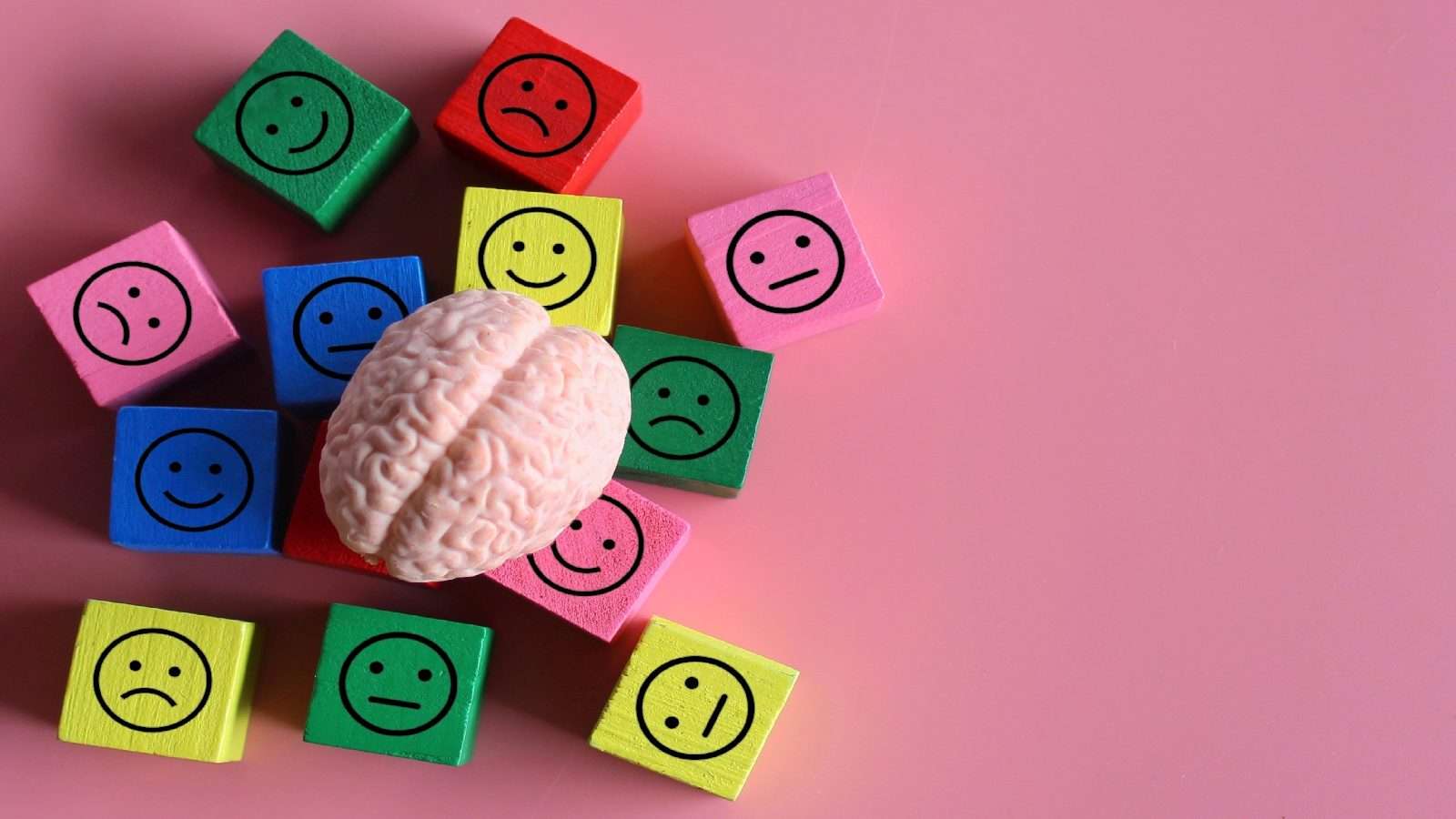
Mood Swings
Recognizing the Red Flags: Signs That Your Mood Swings Are Veering Into Mental Illness
Signs That Your Mood Swings
Mood swings are a common part of life. We all experience fluctuations in our emotions, influenced by various factors such as stress, relationships, and even the weather. However, when these mood swings become extreme, persistent, and disruptive to daily life, they may be indicative of a deeper mental health issue. While occasional mood swings are normal, it’s essential to recognize when they may be veering into the territory of mental illness. Here are some signs to watch out for:
Intense and Prolonged Mood Swings: While everyone experiences fluctuations in mood, individuals with mental illnesses such as bipolar disorder or major depressive disorder often experience intense and prolonged mood swings. These mood swings can last for days, weeks, or even months, significantly impacting their ability to function in daily life.
Disruption in Daily Activities: If your mood swings are interfering with your ability to carry out daily activities such as work, school, or maintaining relationships, it may be a sign of a mental health issue. Persistent feelings of sadness, hopelessness, or irritability can make it challenging to concentrate, make decisions, or engage in social interactions.
Changes in Sleep Patterns: Significant changes in sleep patterns, such as insomnia or oversleeping, can be indicative of a mood disorder. Insomnia, in particular, is commonly associated with conditions like depression and anxiety and can exacerbate mood swings and other symptoms.
Changes in Appetite or Weight: Fluctuations in appetite or weight, either increased or decreased, may accompany mood swings and are common symptoms of mood disorders like depression and bipolar disorder. Changes in eating habits can contribute to physical health problems and further exacerbate emotional distress.
Loss of Interest or Pleasure: A diminished interest in activities that were once enjoyable or fulfilling can be a sign of depression or other mood disorders. This loss of interest, also known as anhedonia, can contribute to feelings of emptiness and isolation.
Physical Symptoms: Physical symptoms such as headaches, digestive issues, and body aches are common in individuals experiencing mood disorders. These physical symptoms are often a manifestation of the emotional distress associated with mental illness and should not be overlooked.
Impulsive Behavior: Engaging in impulsive or reckless behavior, such as excessive spending, substance abuse, or risky sexual behavior, can be a sign of underlying mood instability and may indicate bipolar disorder or borderline personality disorder.
Social Withdrawal: Withdrawing from social activities and isolating oneself from friends and family members is a common coping mechanism for individuals struggling with mood disorders. However, social withdrawal can exacerbate feelings of loneliness and depression, further perpetuating the cycle of mood swings.
Suicidal Thoughts or Behaviors: Perhaps the most concerning sign of veering into mental illness is the presence of suicidal thoughts or behaviors. If you or someone you know is experiencing thoughts of self-harm or suicide, it’s crucial to seek help immediately from a mental health professional or emergency services.
It’s essential to remember that experiencing one or more of these signs does not necessarily mean you have a mental illness. However, if you’re consistently experiencing extreme mood swings that interfere with your daily life and well-being, it’s essential to seek help from a mental health professional. With proper diagnosis and treatment, individuals with mood disorders can learn to manage their symptoms and lead fulfilling lives. Don’t hesitate to reach out for support—it’s the first step towards healing and recovery.

